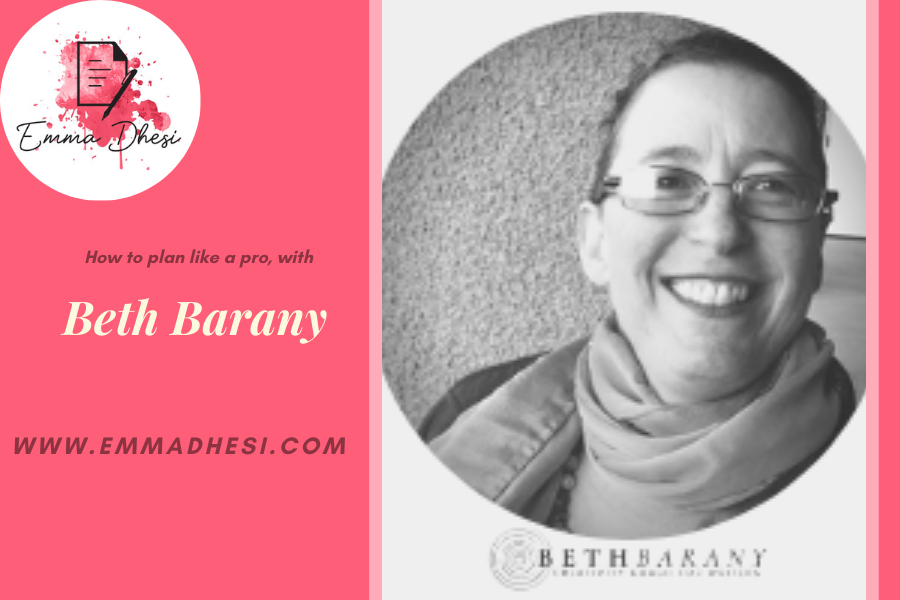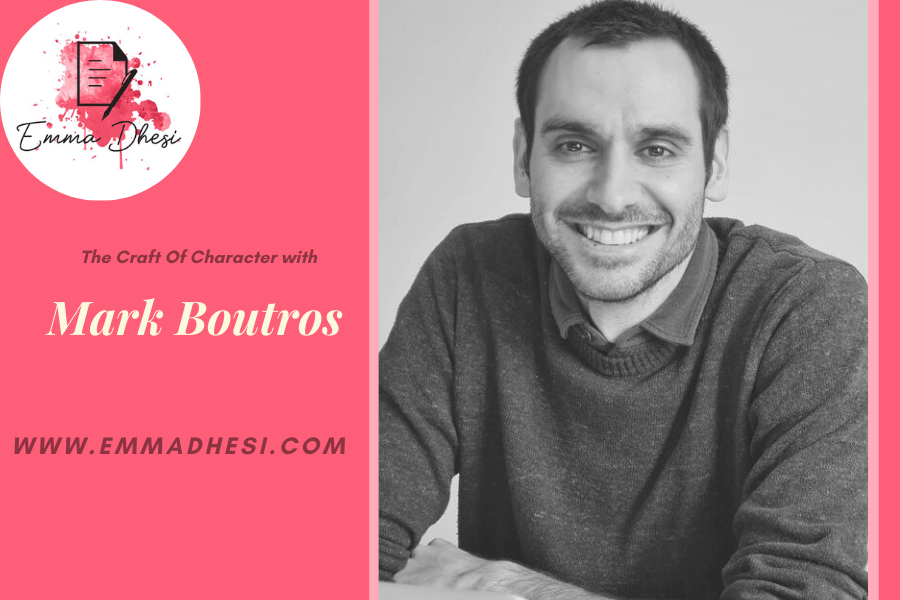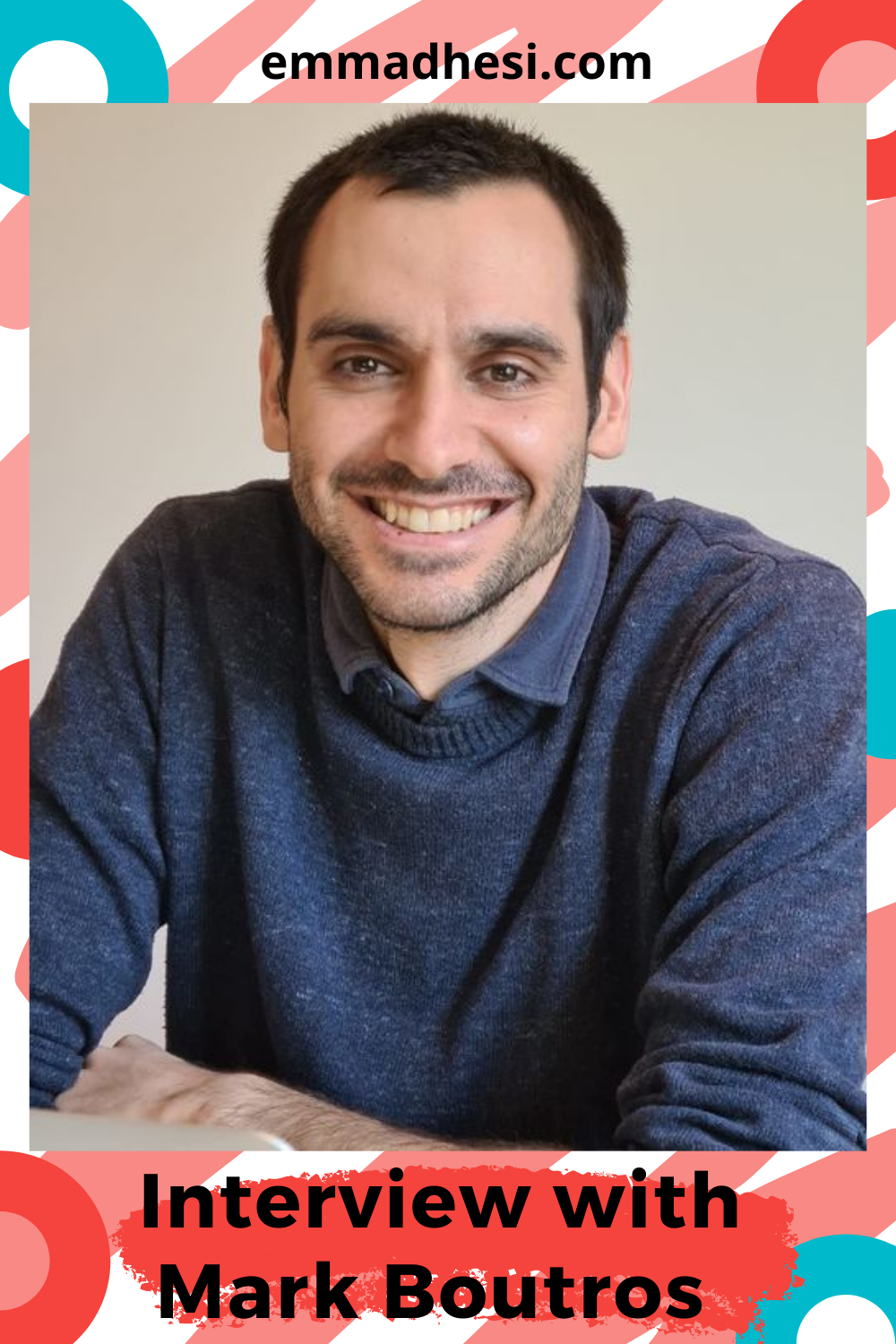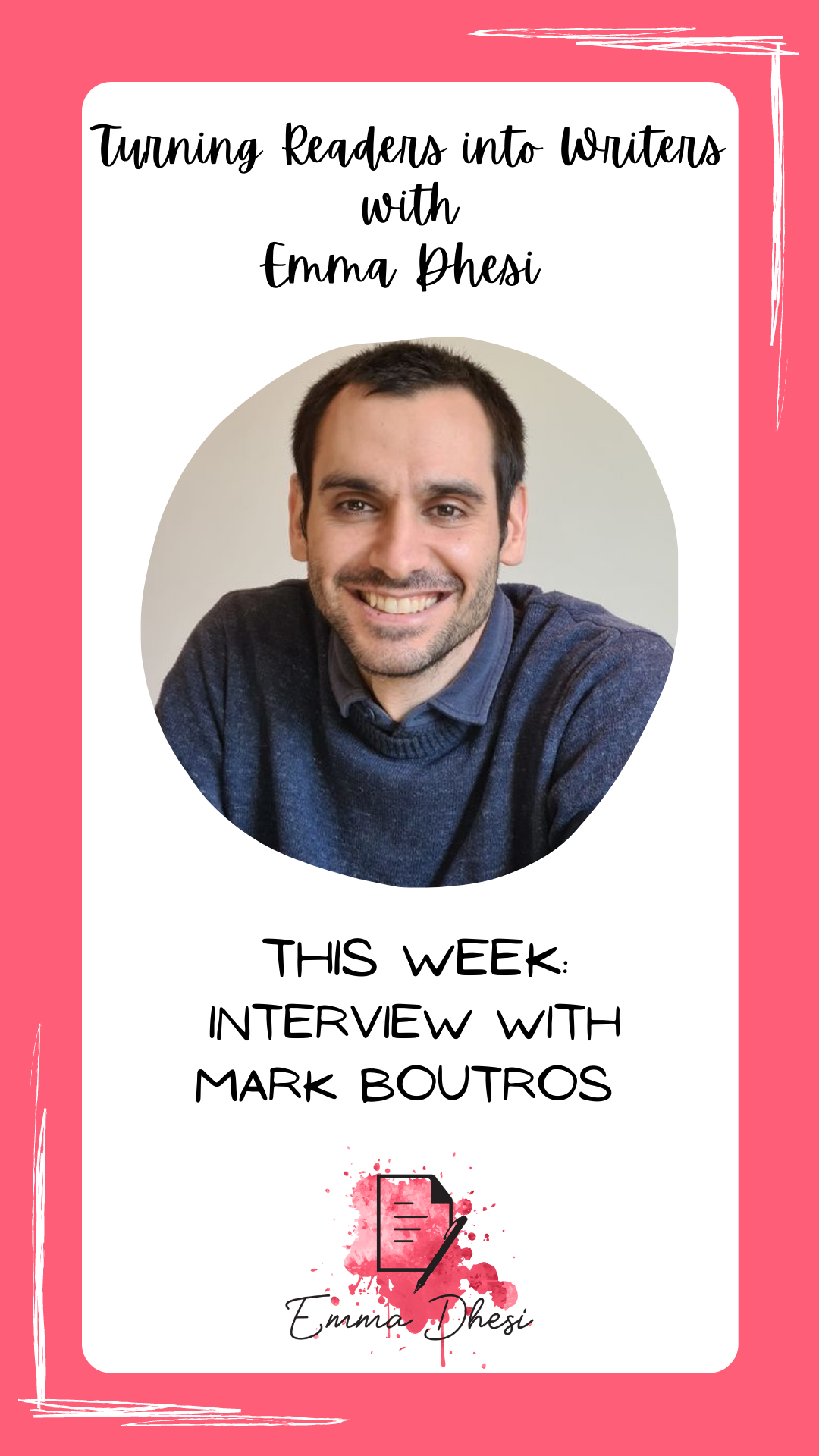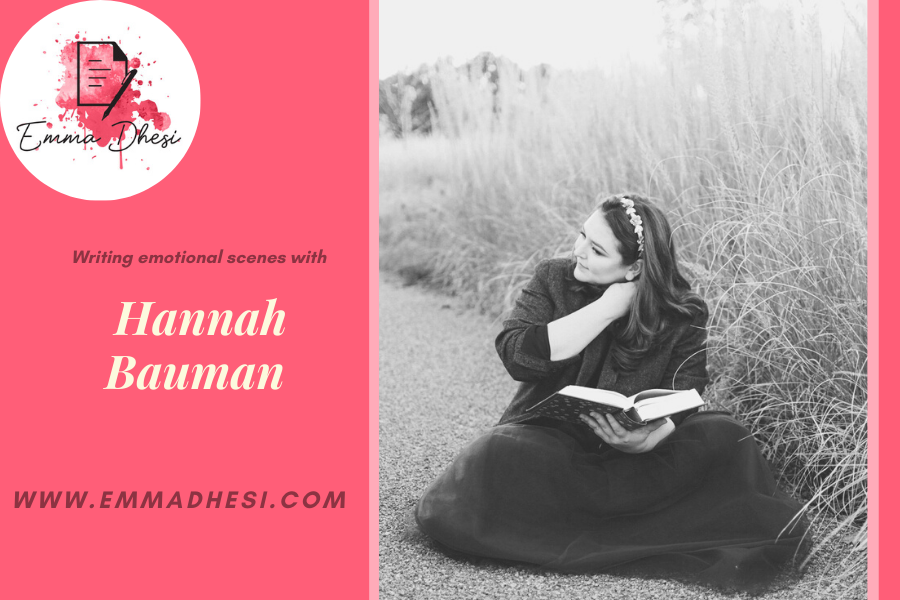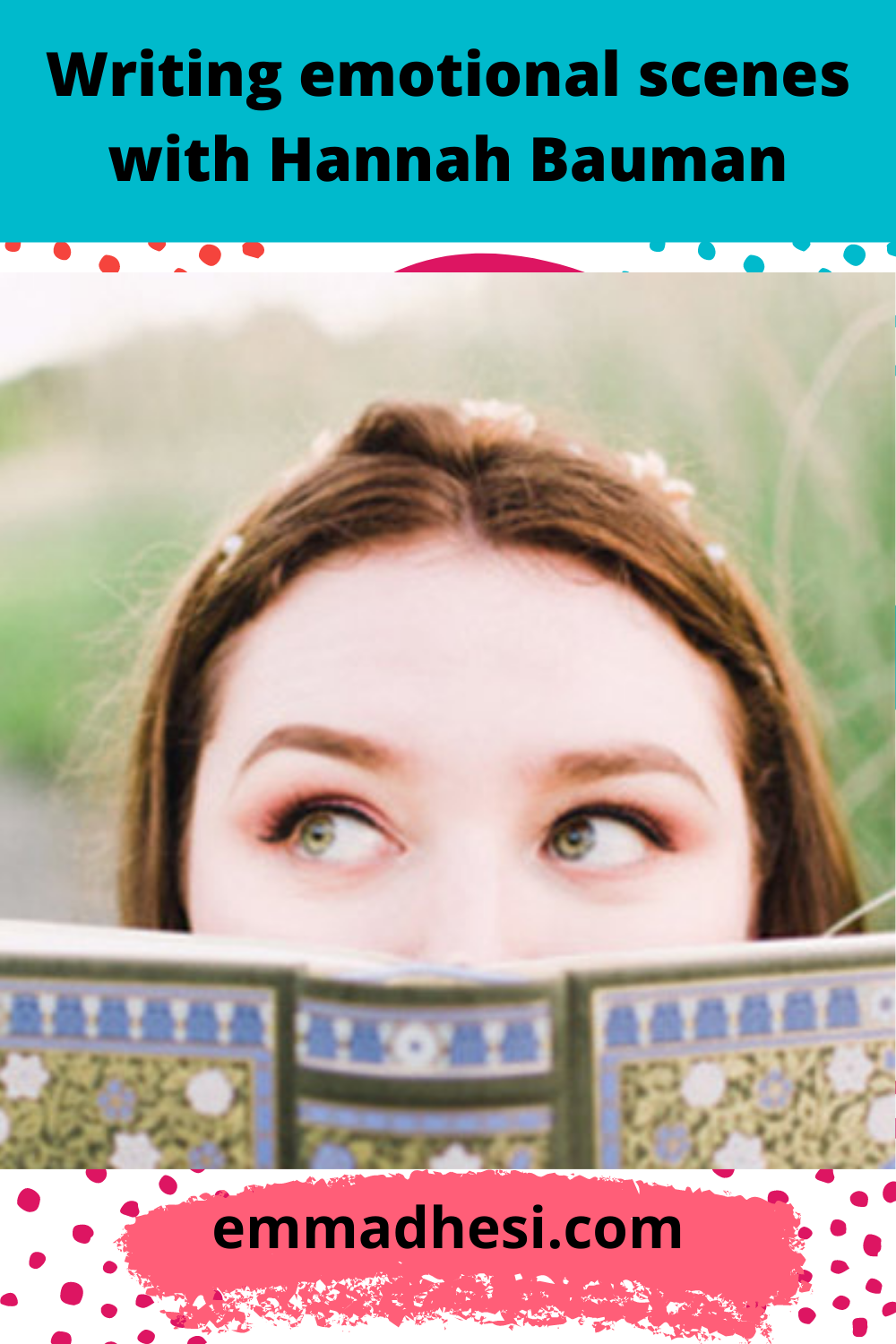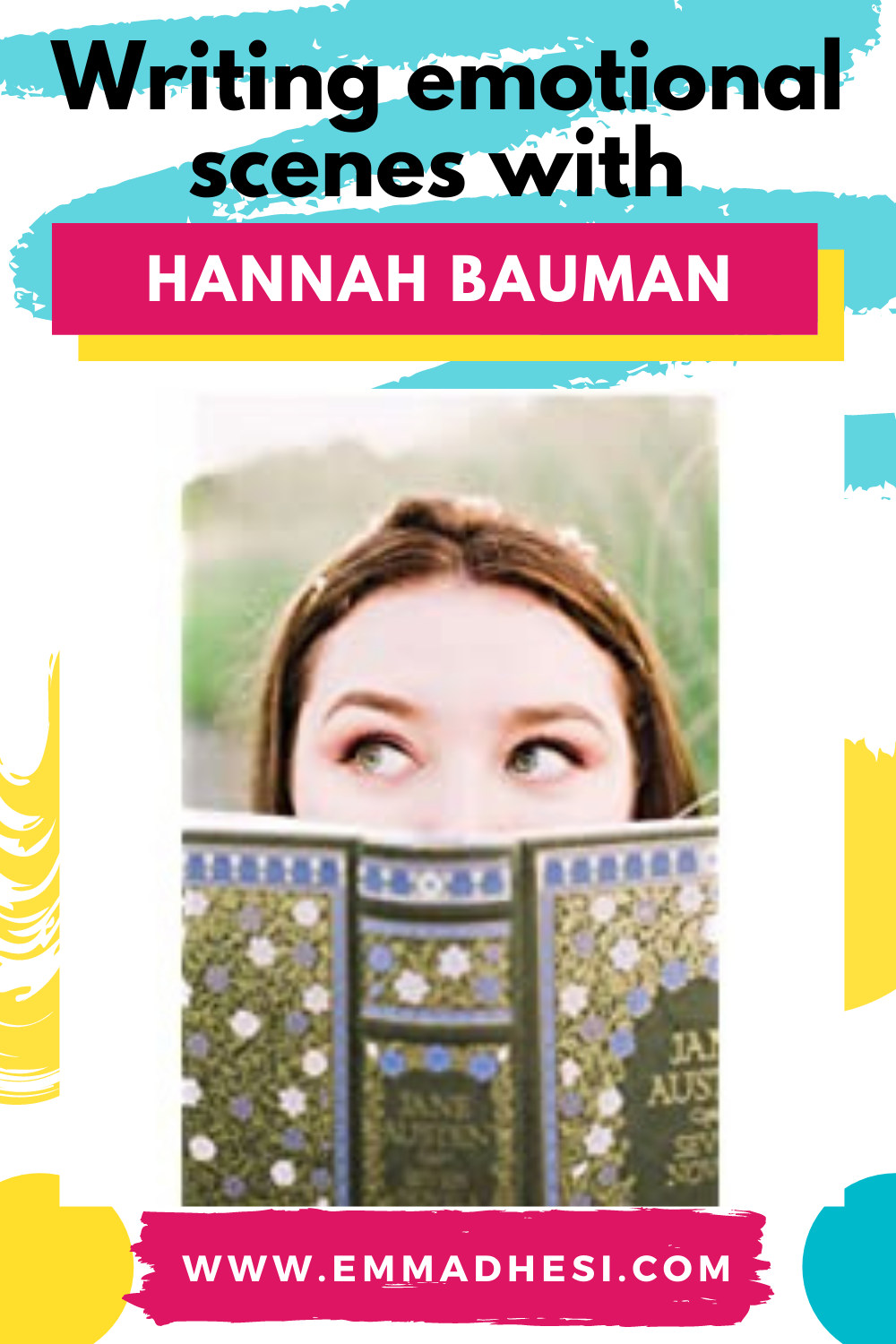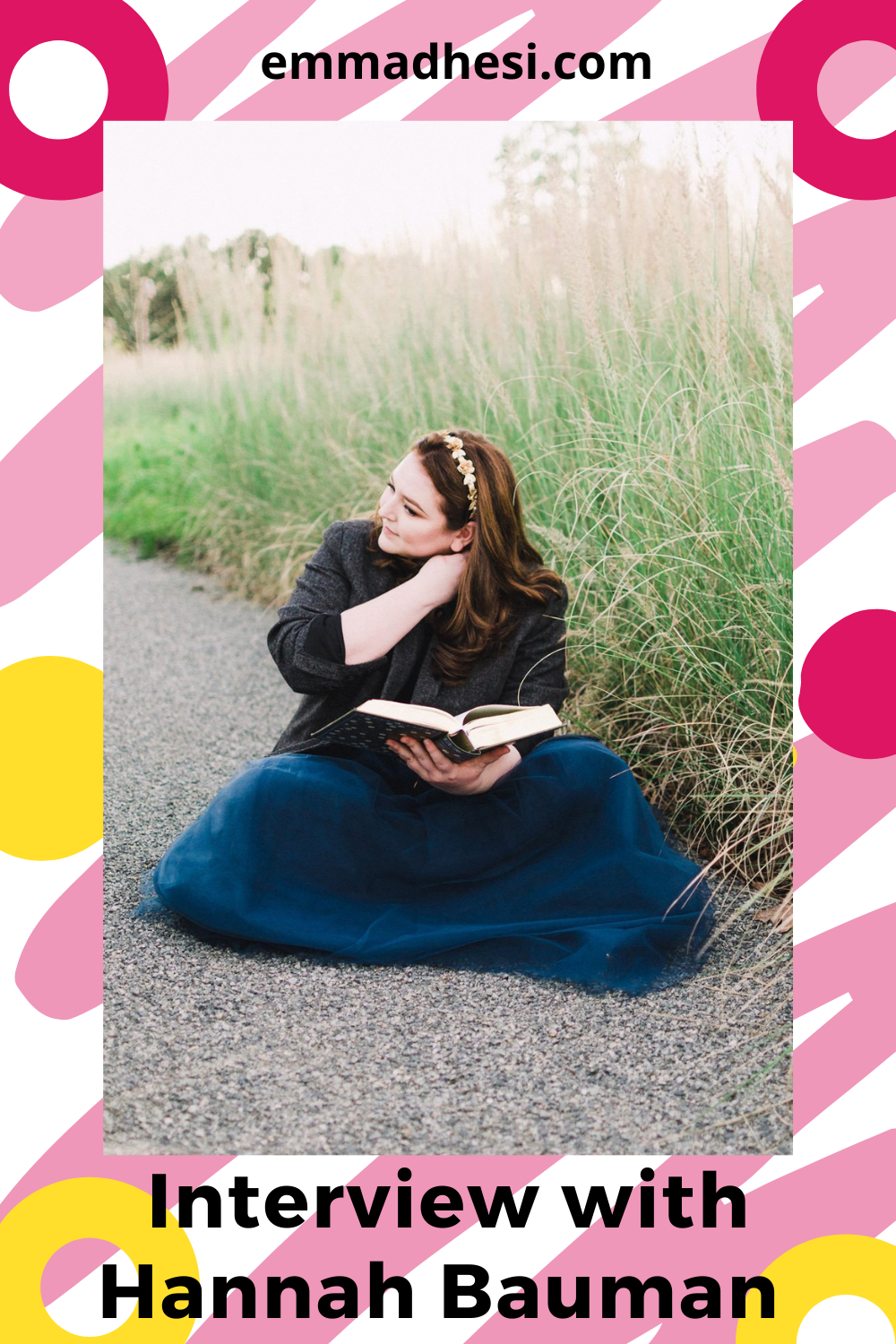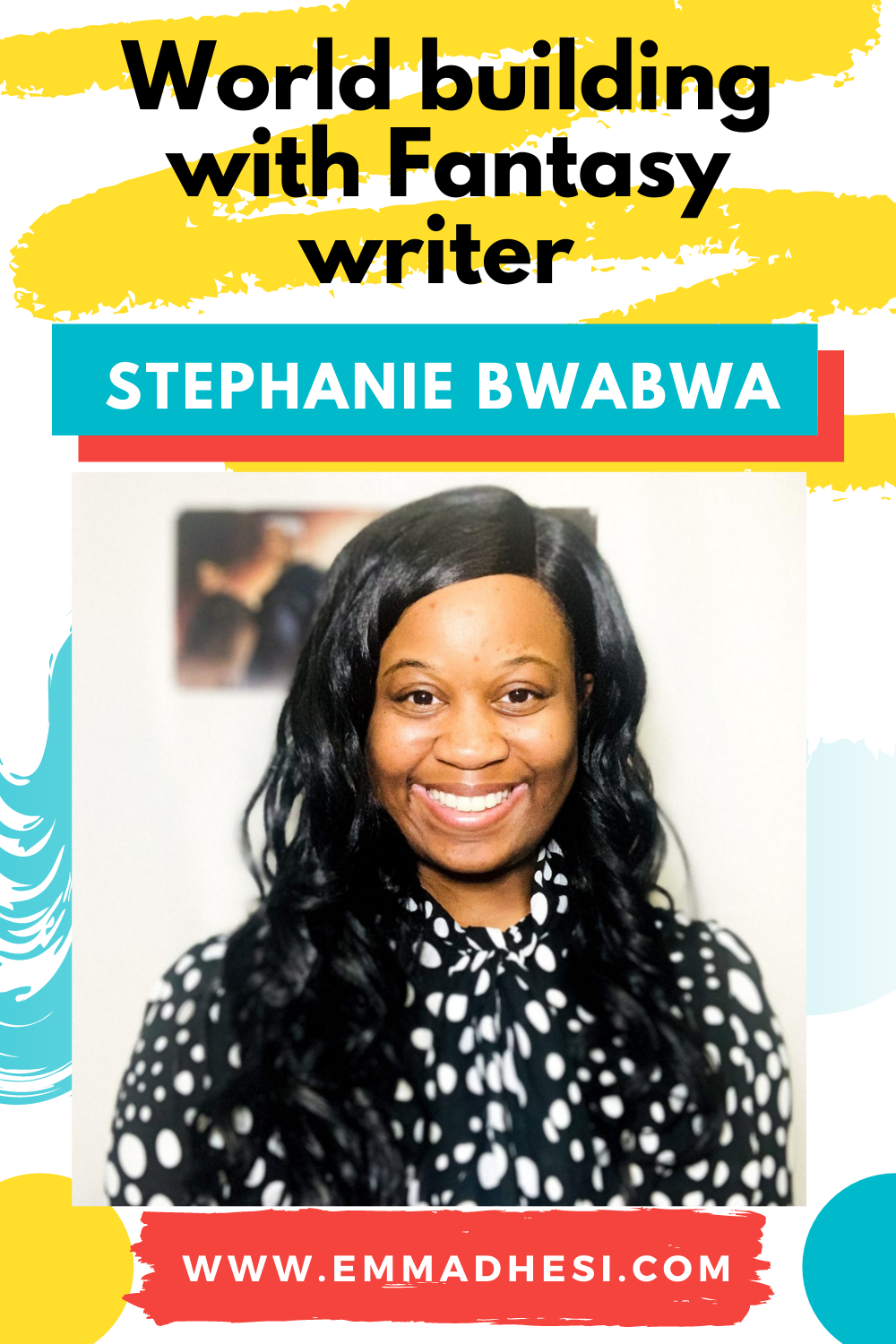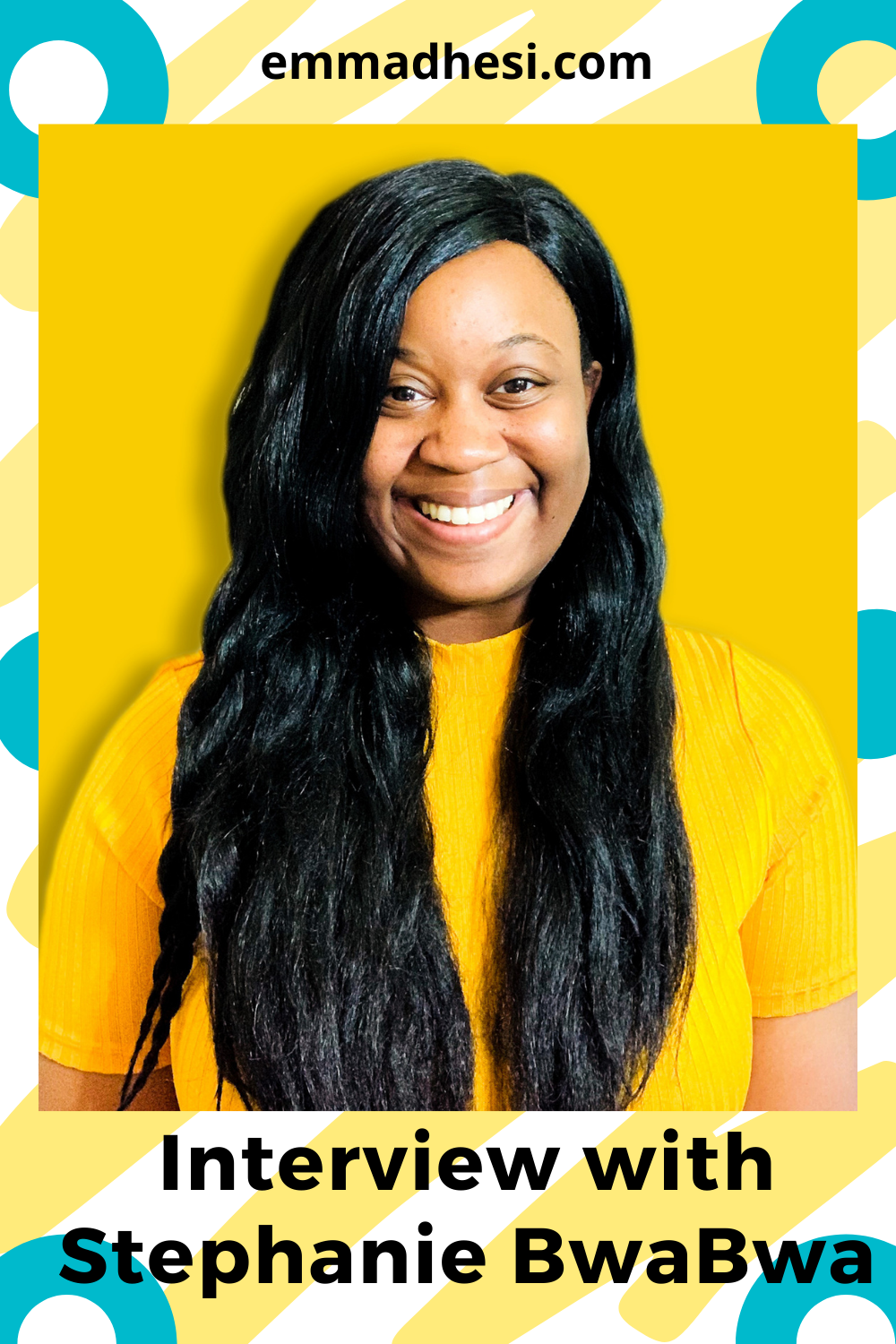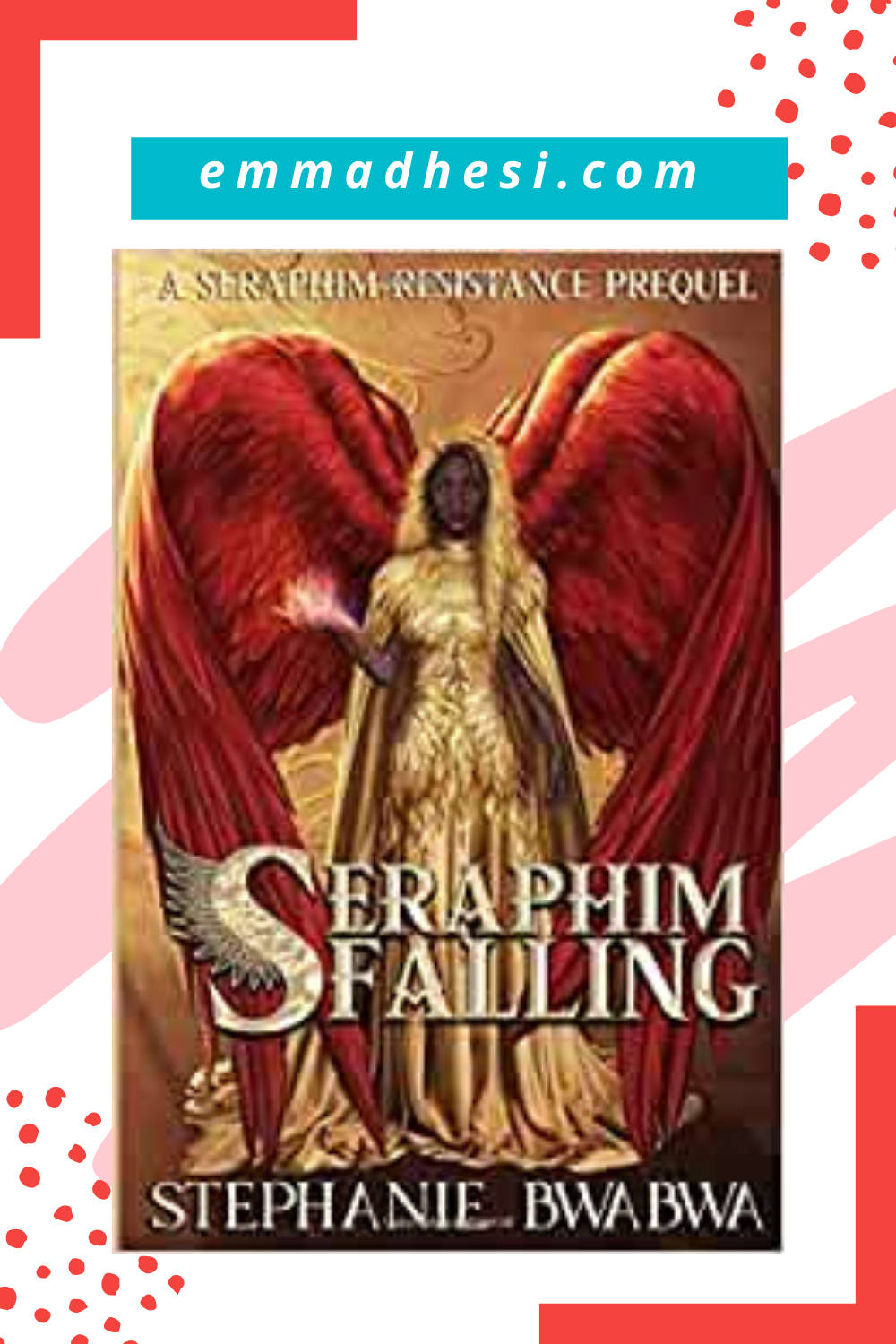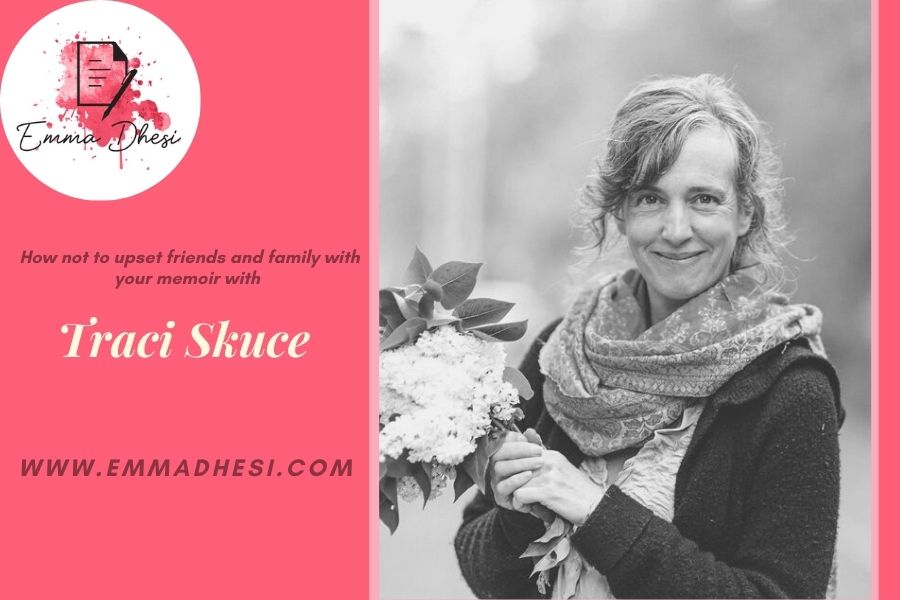
Traci Skuce explains how not to upset friends and family with your memoir
Traci Skuce explains how not to upset friends and family with your memoir
How not to upset friends and family with your memoir
Emma Dhesi 00:00
Hello, I’m Emma Dhesi and welcome to another episode of turning readers into writers.
If you’re brand new here, welcome and here’s what you need to know. This is a community that believes you are never too old to write your first novel, no matter what you’ve been up to until now, if you’re ready to write your book, I’m ready to help you reach the end, I focus on helping you find the time and confidence to begin your writing journey, as well as the craft and skills you need to finish the book.
Each week I interview debut authors, editors and industry experts to keep you motivated, inspired, and educated on all things writing, editing, and publishing. If you want to catch up, head on over to emmadhesi.com, where you’ll find a wealth of information and tools to help you get started. Before we dive in, this week’s episode is brought to you by my free cheat sheet 30 Top Tips to find time to write.
In this guide, I give you 30 ways that you can find time to write in the small gaps that appear between the various errands and tasks and responsibilities that you have in your day to day life. Now, you might be thinking that you don’t have any time to spare, but I can guarantee these top tips will give you writing time you didn’t think you had. If you thought writing always involved a pen and paper or a keyboard. Think again. If you thought you needed at least an hour at a time to write your manuscript. I help you reframe that, you won’t be disappointed.
Get your free copy of 30 Top Tips to find time to write by going to emmadhesi.com/30 Top Tips.
Okay, let’s dive in to today’s episode.
Traci Skuce lives in Cumberland, British Columbia in Canada. Her fiction and personal essays have appeared in several literary journals across North America. Her short story collection Hungry moon was released by Norwest press in April 2020.
She founded the writing journey with Tracy scuse, an online Creative Writing school that focuses on narrative embodiment, deep reading, and the intricacies of craft so that writers can finish their best stories and get them out into the world.
So today, I’m going to be chatting to Traci about her journey to writing the stories that she tells and what she’s working on right now. And if we’re also going to talk about an event she is hosting in August 2021.
And I’m really excited to learn more about it. So let’s delve in and hear what Tracy has to say. Well, Tracy, thank you so so much for being here with me today. I’ve been trying to get you on the show for a while now so I’m delighted you’re finally here.
Traci Skuce 02:50
Well, I’m delighted to be here. It’s always such a pleasure to talk with you Emma.
Emma Dhesi 02:55
I know I always start my interviews by asking my guests you know, what was your your journey to writing? How did you get started?
Traci Skuce 03:03
Well, I sort of like i wish i i always wish I could say that I started as a young person that I wrote fervently in journals, like ever since I was three or whatever, but that’s not the case. I am.
I definitely enjoyed creative writing in class as a kid. I wrote a lot of stories about time travel and magical dragons and creatures, you know, that kind of thing. And then, and but my first like, published the first kind of taste I got of like, publishing my work was actually in grade 11.
And I wrote a we had to write a sonnet and I wrote a sonnet I guess, we were studying poetry or Shakespeare or something and she published the the quote unquote best poems, the example poems on this like sheet of paper, you remember the purple Gus stettner or whatever they used to call them.
And mine was there and I felt so just delighted to see my my work up there. And I also really, the form of the sonnet forced me to think of words and I you know, I only know this in retrospect I didn’t like I really spent time on it and I loved working on it and I loved thinking about you know, it was about sailing, I was about my love of sailing and I had to, you know, find I still remember it using the word turn like t e r n, the bird and kind of searching for it like searching for the bird that would work for my palm. Anyway.
And then and then I kind of Without a way, and I had an experience where I was at university, and I did well, on my papers, they were all my profs used to say, Oh, this is so clear.
Like, I remember actually now working in having worked in, you know, that level of teaching, I understand why they gave me that, like, you know, it’s really great to get a clear paper. But I felt so I felt like oh, like, I can like write and I’m going to be a writer, I just like decided that one day, I’m going to be a writer, no idea what that meant. And I kind of you know, was like, okay, and didn’t really act much upon it until after my first son was born.
So I had a son, I was fairly young and and it knocked my world apart, basically. And so someone gave me in that time, the writing down the bones by Natalie Goldberg, which really focuses on the practice of free writing and just diving in, and I was like, okay, like, you said, You wanted to be a writer.
So just do it. And I got my notebook, I think, I can’t remember if it was then or after that, or before that, that I really wanted to, I felt compelled to write a particular story.
And I started to write it. And I was like, Whoa, this is hard. Like, I can’t figure out how to make this for me. Anyway, but I continued on with the writing prompts, and, and really cultivating that practice.
And cultivating my capacity to come up with images and, and choose strong words and all that sort of that sort of thing. Before I actually, things coalesced, and became stories, I wrote poems. I, some of them worked, and some of them didn’t.
And same with stories. And then I’ve really wanted to commit to writing full length stories and or short stories, particularly. And I didn’t really know how, and I sort of made it up and tried and I had some success.
And then I just couldn’t like, figure out why something was working and something wasn’t working. So I ended up doing my MFA in creative writing and fiction, and the 2010s. Now that we can say that, and, and there I like.
So I had all this kind of lead up to finding the you know, really cultivating the practice and the discipline and all that sort of thing. And then understanding that it was the craft also and I was interested in that.
And I think there’s nothing wrong with just cultivating the practice and working on that level. But I had this appetite for the craft, and I felt like, I was almost surprised that there was a craft, right, I’ve been doing all this work. And I’m like, Oh, my God, this is like an art.
This is a craft and I and I, I want to know how to do it. And so I, you know, read about craft books and I, but but really going into my MFA was really helpful to have that guidance, have that mentorship to really kind of bring my writing up to to the level that I wanted it to be and yeah, and then I wrote my book.
Emma Dhesi 08:53
Yay, we’re gonna come to that in a second. But I am always interested because I don’t have an MFA or an Emmy.
And so I’m always interested to know from those who have been through it, what was the kind of key takeaway for you? Was it learning the craft? Was it working one to one with a mentor?
Or was it the community you made? Or was there no one thing? In fact, it was the whole experience?
Traci Skuce 09:17
Yeah, well, you know, back when I went to do it, and there weren’t as many online courses and programs as there are now and I wonder how that would be for me now, because I, you know, it’s really, I just couldn’t find the support that I needed.
I live in a small community. I, you know, Alice Monroe lived here for a number of years, and I’ve kept hoping, like, I would bump into her and she would become my mentor, you know, and she would just like, say, this is how it’s done. But no, that never happened.
So I had to take action myself and find my own mentors. And this is the way that I approached it. And yes, it was the mentor. And yes, it was the community. And yes, it was that, you know, that learning of craft, it was all it was the alchemy of all of it.
And yeah, it’s what I aspire actually to bring what I wanted and was hungry for to my students through my own program so you don’t have to go and get an MFA to, to really access those teachings but yeah.
Emma Dhesi 10:24
Lovely, lovely. Um, and you mentioned too, that you’ve always been drawn particularly to the short story. What is it about the short story above the long form novel, for example, that that really appeals to you?
Traci Skuce 10:38
I don’t know, if I was always drawn to the short story, I’m gonna say that what I did was I wrote short stories before I did a lot of reading of them, because I thought they were easier and I quickly, and then I read, there’s a woman, Judy Gardner, who’s a writer and a Canadian writer, and she was a judge for a contest. And she in her judges notes was like, seems like a lot of people who are writing short stories aren’t reading them.
And I was like, felt kind of busted and then, you know, I did start, I read lots of Alison row, and who’s not a particularly I mean, she’s a short story writer, but her short stories, if you, you know, are get longer and longer through her might like sort of shrink back up again, but her you know, her stories are sometimes 70-80 pages long. So, so it was really, um, I don’t know what I was drawn to, like when you read a good short story.
Or then someone gave me the best American short stories, Anthology, and there was just some really high quality writing in there and smart and engaging and interesting, and I and I wanted to know how that form.
I’m always trying to, like interested in how a form works. Even an odd like right now I’m like, how, how is the novel work because they there’s actually lots of different ways to work a novel. And there’s lots of different ways to work a short story.
And I think I what I love about short story is like, it’s short enough that you can actually be quite playful in it and really, try different things that might not work in the long form can be really powerful. I think that thing with a short story is like it can be a really a burst of like, intense energy and power in a way that a novel, you just can’t.
I feel like a lot of novels, like you were talking about the saggy middle Emma, right, that that it’s hard as a hard form to sustain? Well, and not to say that it can’t be done. And sure there’s lots of novels and I love some novels. But short stories, I just find them. They’re like, they’re more like poems than they are novel.
Emma Dhesi 13:05
Yeah. And I can see from your face the way you’re talking about them. This is a real love for you now, and perhaps an unexpected one. But you fall in love with that stories Yeah.
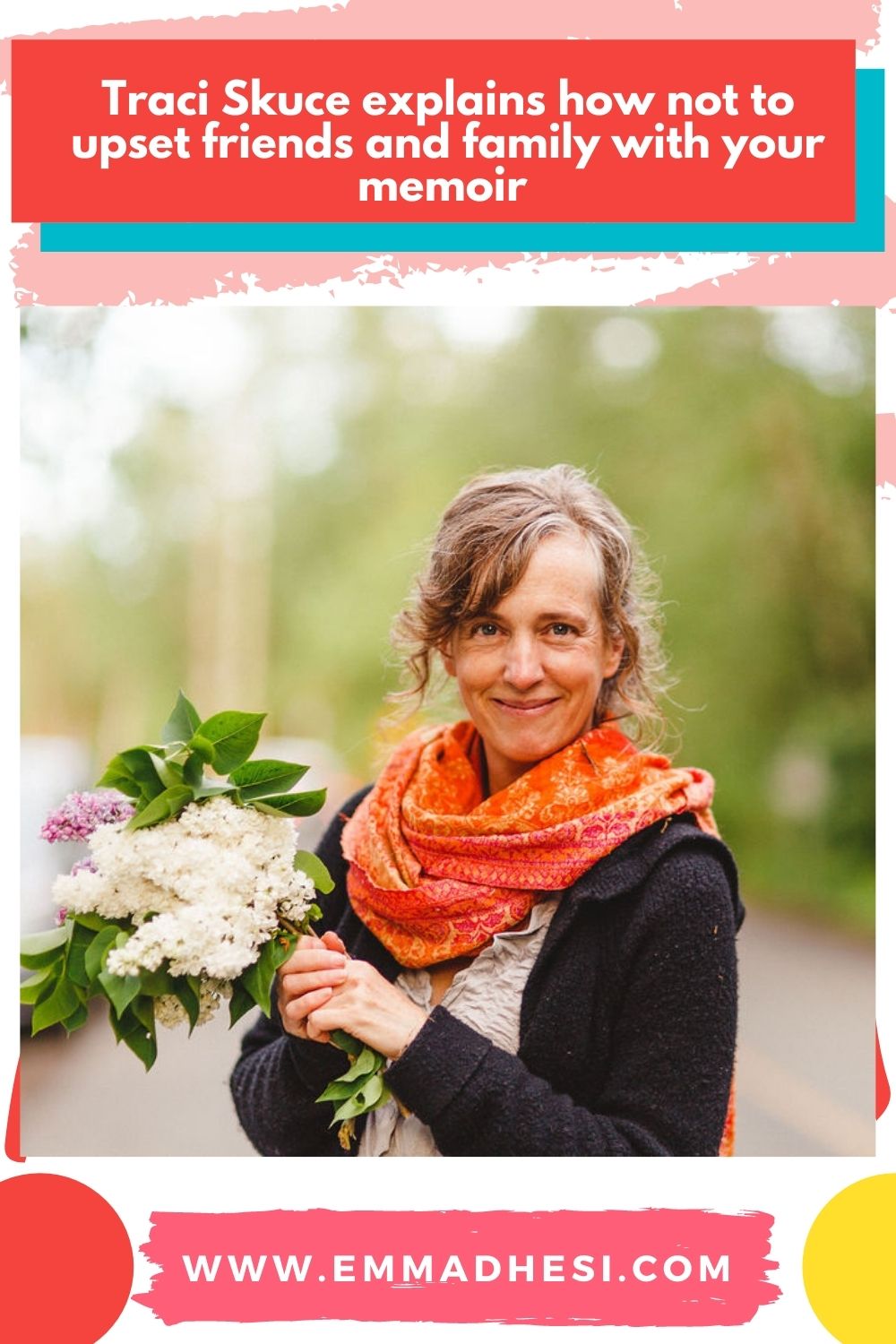
Traci Skuce 13:15
Yeah, yeah. They’re, they’re just, I don’t know, there’s some there’s something there’s some sort of energy that they, they create that, that as I’m reading a novel, now I keep putting down novels, I keep putting down novels and not finishing them reading that. And, and I don’t do that with short stories. But so, okay.
Emma Dhesi 13:37
But that burst of energy and power that you’ve been reading, in short stories, you’re now putting them into your own short stories.
And you your first book, was published last year hunger moon. And I wonder how long had you been working on those individual stories?
And how did you decide which stories you wanted to include in the collection and which ones weren’t going to be cut this time?
Traci Skuce 14:01
Right, Well, so that probably the oldest story, by the time I got to publishing the book, or, like was 2009 I think, like, there’s, there’s probably a story that’ll be in there.
And that one, was a story that just kind of like came together really effortlessly and easy. I’m one of those ones that sort of deceptive in terms of making me think I know what I’m doing, but I’d really didn’t know and, and then I’m just having a look at here at the table of contents.
So they, there were, I think, five stories that were part of my thesis for my MFA. And there were another A couple that I worked on during that process so that they are going to say that was, like, really, I finished writing my book in 20… 2017.
But it wasn’t out for publication until, like, anyway, it takes time came out in 2020. So um, so there were stories there that that I’d worked on during my thesis. But some of those stories had different iterations before.
So like how long I worked on something, I can’t, I can’t totally say like with something like promontory, which is a story about this young couple who get you know, they’re in in Australia, they’re traveling.
That story, I tried to write in lots of different ways over the years, I wouldn’t call it the same story. But I would say like I was efforting toward that story for a lot of years before I could figure out the narration and the point of view and that sort of thing.
So, you know, that took a long time, like something like bliss on a boy once love took me probably three or four years to write.
It’s one of the longer stories in the book, but then something like because the Fall is in two weeks, like was like few weeks, you know? So it really depends on
Emma Dhesi 16:24
Did you have a theme for the book, when you you knew you wanted to include stories around a certain theme? Or was it just the ones that you particularly loved?
Traci Skuce 16:34
Well, to be honest, there aren’t that many more stories kicking around, but I mean, are there were.
So what I did was really, I had to I applied for a grant, and a Canadian Council of Canada Council grant, and you have to talk about you’d like the theme of your book, so I had to really think about it.
And I haven’t finished all the stories, but I recognized in each of the characters, there was this kind of spiritual longing that, that that was, like kind of born out of, I don’t want to say I almost want to say out of necessity, but like out of in a world that we’re in a very secular world, like there was no no like spiritual container for these characters who actually yearned and longed for the, those existential kind of answers.
And so I recognize that as like a common theme, like all my characters are there. They’re, they’re really lost, and they’re really seeking.Yeah,
Emma Dhesi 17:47
Yeah. Certainly got that. When I read the collection. I can see that coming through. Yeah, yeah. Yeah. I’m, I’m interested too, in the idea that, you know, you’ve you’ve had a you have a story, but you’re not happy with it.
And it goes through many iterations. How do you know? Or maybe you don’t want to maybe you just have to feel it out. But we just come a point where you say, Okay, this story is just not working.
Let’s put it to one side? Or how do you know when to just keep going with it and try it in different ways to see see when it fits?
Traci Skuce 18:22
Yeah, I do put them aside a lot. Partially because of life. And partially, I’ll just feel like, I can’t figure out what is needed here. I need to put it away for a while. For something like bliss. And a boy wants love, which I said took four years.
It’s not like I was working on it diligently every day. But like I actually put it aside, I wasn’t sure if it was going to go into this collection. It was a toss up between was I going to work on this story or another story. And I was walking in the forest one day and like this line, this sentence came out.
That was Claudia by my narrator. And I wrote it down. It was like in the forest. I wrote it down and then it walked a little bit further and another one came out. I was like, okay, she’s, she’s the one she wants to come forward.
So, So I went back into that story, and worked out the BNL all the snags, which took another however long but yeah.
Emma Dhesi 19:30
Oh I love that, the idea that Ashley is your character that told you know, the story is not done yet?
Traci Skuce 19:34
Yeah, yeah. Well, and I knew I loved I knew I loved the story. Like I really it’s one of my favorite stories in the book, and I really love it and I love her and I just, I knew I wanted to complete it, but I knew it was like a longer story and how long was it going to be and how long or you know, was it going to be ready in time and all that sort of thing, but um, yeah
Emma Dhesi 19:58
Okay. I like it. Now, I’m going to change tack a little bit because, as well as being a writer, you’re also a teacher as well. You have your own students who you work with.
And, and a number of them are memoirists, and a question I certainly get asked from people who are writing their memoirs, how do you protect the identity of those people you’re writing about, particularly if it’s not a very happy subject.
And so I wondered if you had any sort of thoughts on that, or advice that you give to your students who are sort of navigating that tricky route between wanting to be truthful and tell their story, but also wanting to upset family members or friends?
Traci Skuce 20:43
Well, that be saying, first of all, that I do write to so people aren’t like, this fiction writer writing, I also write essays and I write sort of personal essays. So and I’m not, I’m not super protective of the people I write. But I get it, I get it.
And I actually do I like, there’s a story I want to tell that I won’t tell because it’s, you know, there’s someone that I don’t want to upset, like, I’m not going to write that story. But I think sometimes not always, but sometimes, that thought, protecting the identity stops the person from even writing.
So, so my advice is always to just write it like you don’t have to publish these things. We don’t have to put them out in the world, but you need to write it because it is your story. And so that’s one, that’s one part. If it’s going into further iterations, you, you have to decide, you know, do do connect with this person and talk to them, do you? And tell them,
Hey, I’m writing this story, I know that, particularly families can get very triggered. Do you make composite characters, so let’s say you have three siblings, and in the memoir, you just kind of like condense them into into one? Or, you know, or just talk about the one sibling and but make it a composite? Or do you just, you know, protect the innocent and give them different names?
You know, like, I wrote up an essay about my older son’s father, and I just said the man, the man I will call bones, right. And so it was, it’s not his name. He knew who he was.
But yeah, and it’s funny to like, I think with that particular essay, which, which made it quite far into, like, made it to a finalist position in a, in a national contest. So it was online, you know, and it was available for people to read, including this person.
I, I thought it was, well, it was really about me, but it was also about my relationship with this person. And his interpretation of it was different than mine. So it’s just also interesting.
And I say that because it’s interesting, our fear, Oh, I know that what I want to say but about about protection, but our fear is often our own, right. It’s not like what that person will perceive, they may perceive it completely differently, not see themselves not see the truth that you see, that sort of thing.
The other thing, I think that’s really important with memoir, when we are writing about someone else, it’s like we’re really searching for our truth. You can’t write a memoir piece to get revenge, you can’t write a memoir piece to make that other person look bad. Like that’s, that shouldn’t be the agenda of your story.
If it is then you need to do some, some work. And that when we write from a place of our truth, and we really go in not just like he did this to me, but like, looking beneath that and like what, where where did I you know, for this particular story, it was like really seeing where I gave away my power.
And and why did I trust this person? And just like I actually ended up at the end of that sh having a big cry. It was quite cathartic and and not saying that so i hope It but that that you really dig down, you got to dig down in memoir.
It’s not just about like, what you think is the story isn’t what’s going to come out, it’s something deeper, it’s something more.

Interview with Traci Skuce
Emma Dhesi 25:15
So it’s not almost not about them at all. It’s really about you as an individual, what’s happening to you at that time when that was happening, your reactions to it and know how you perhaps have worked through it know how you see it with a bit of distance, perhaps?
Yeah, really good, really good point to make about the fact that it’s not about revenge, that it’s actually got to come from a good place and an honest and truthful play place about yourself, not the other person.
Traci Skuce 25:45
Yeah, yeah. And that we are all human. And we’re all, you know, fallible. And, and yeah, like, and yet there are people who have done a terrible thing, like, you know, I know, this isn’t fiction.
I mean, it isn’t memoir, but it’s fiction, the The Bluest Eye by Toni Morrison, if you’ve not read that book, I highly recommend it. But there’s, you know, the the, the father in that story is he rapes his daughter.
And it’s, and that’s brutal, right. And yet, Morrison digs deep into the past of this character, and, like, reveals how he became that way, you know, his wounds, right. So we’re all just like walking around with our wounds relating to each other.
And so you a person who, even if they’ve done something horrific, they’re still you have to find their humanity and relate to it. If you’re writing, you can’t just present them as this evil, you know, no matter what they did, like, that’s part of the healing, I think, with writing memoir, and it’s not necessarily coming to a place of forgiveness, or just loving it ever, you know, making everything okay.
But to if you want to write if you want to present it to the world, there needs to be that element of humanity.
Emma Dhesi 27:15
Yeah, you super cool. Thank you. I’m going to change tack again, after that well. Okay. Because I know that next month, you have an event coming up called right from the heart. And I would love if you could tell us where the inspiration for this event came from, or the inspiration for the title even came from?
Traci Skuce 27:41
Yeah, well, I mean, I think it’s, it’s not a huge diversion from what we were just talking about. But my impetus is, you know, there’s a lot of kind of advice online about writing, you just have to do this, and you just have to do this, and you could plot and finish and all these things.
And I wanted to get beneath that, because that, to me is really important. If you, you could have all the plot points in the world and finish your first draft and all the things and yet, there’d be no like, heart to your story. Right?
If you if it’s a very mechanical approach to the book, it’s better to, you know, have a kind of flawed manuscript, that has a lot of heart, then to write something that’s very sort of sterile, and by the book, so to speak, and just crank it out there. So, to that, that’s part of it, that was part of the impetus. And also because our culture is so and so emphasizes productivity.
And yes, you know, as writers, it’s, it’s lovely, and great to produce, but we also need to, we are not machines, we are not computers, and we need to nourish that creative spirit and ourselves.
So that what we do bring to the page is full of life and, and, and heart and feeling, you know. So and it’s not always easy to get beneath, like, you know, when I was talking about the memoir and getting beneath and getting like that, that requires a lot of going in digging, digging deep, so to speak, and it’s hard to want to do that because it’s uncomfortable.
So, so creating kind of the supports that nurture us so that we are not just totally, you know, thrown off the rails by doing that work.
Emma Dhesi 30:00
Yeah, you’re so so right how you can get very, very messy, you can’t.
So having even just you acknowledging that for anyone who’s wanting to kind of dig down and write more essays, essay style pieces or memoir, just having someone else say that out loud, this can get messy, it can be uncomfortable, and that’s part of it.
And that’s what are some ways that you can support yourself or be supported as you go through it. And so I wonder if you could tell us a little bit more about the event and… there and
Traci Skuce 30:31
I want.. sure. Okay. But first of all, I want to acknowledge to that, that that I feel like that’s an important thing to do for your fiction as well as your nonfiction.
Even Yeah, even if he was. So it’s not just memoirs that memorize that name to go deep. It’s also fiction, because we’d love to think about the characters you love in your fiction, not necessarily the fiction you write?
Well, I mean, yes, I hope you’d love to, but like the characters that you’ve been really drawn to, and as a reader. Anyway, so so. So there’s, so both fiction and memoir, writers are invited to this event.
And one of the days is going to focus on really on mindset and getting, getting into the, you know, the nurturing space of a great writing practice, and then the other day, so that’s August 5, and 6 or August 5 is the craft is going to be that and then August 6, is going to be mostly craft workshops.
So which which address the like getting to the heart, like gamma, you’re going to be there.
So I’m looking forward to hearing and you’re going to be talking about the writing the heart, finding the heart of your scene. So we’ve got Yeah, so we’ve got that as our workshop.
We’ve got Mary Adkins coming on talking about by heart matters.
We’ve got Rhonda Douglas talking about Do It Yourself writing retreat, which will be really, really fun and Dallas Woodburn, she is going to talk about creating and nurturing writing practice.
Michelle Berger is going to be talking about affirmations and brain hacks and we’ve got we’ve got Janelle Hardy, who’s going to talk about the body and really excited about that she’s going to talk about the body using the body to overcome writer’s block and memoir.
Yeah, Janice Hardy is going to talk about to to Jay Hardy’s, I don’t think they’re related. Janice Hardy is going to talk about getting more into the internal conflict and your characters.
We’ve got Tiffany Clark Harrison, who’s going to give us some some tips on how to embody your characters. So we’ve got lots coming up. Yeah.
Emma Dhesi 31:10
Are you hosting a workshop as well? Or will you be…
Traci Skuce 32:19
I am, I am, I’m going to talk about what I coined the the impossible longing, and what why that’s important for your characters. So
Emma Dhesi 33:19
Oh, I’m looking forward to that.
Traci Skuce 33:20
Yeah. So it’s a way to kind of hack in or not hacking, but to kind of deepen your characters. I think, a lot of the time, we we, we don’t know how to go down into the characters and access their deeper core and so which is really where, where their humanity is. So getting getting down there.
Emma Dhesi 33:41
Oh, not as exciting lots to cover there over the course of the two days. And I love it.
You’ve also got a little bit of the kind of emotional the mindset stuff, and which is also important. I think we realized that no, and then also the craft, which of course, I know, you’ve told us you’re a big fan of mine as it always should be.
But I know it’s a particular passion of yours and so how can people how can people sign up to this? Where can they go?
Traci Skuce 34:08
Yeah, I’m realizing I need to talk to my tech person and get it make sure it’s on my website. But it’s um, TraciSkuce.com is my website and then that’s that’s right with Write from the heart.
And I think Emma, you could put a perhaps a link in the show notes for people yeah. Yeah.
And the other way is you can find me on my Facebook group which is Write your.. Write your story society.
And in there, there’s gonna be lots of links to get to the to the signup.

Emma Dhesi 34:43
Fantastic. Thank you for sharing information about that. It’s gonna be exciting two days. Yes. Now I’m conscious of time.
I’ve kept you for a long, long time. But before you go, I’d love to know a little bit more about what you’re writing yourself at the moment. What what are you working on?
Traci Skuce 35:01
Well, I have been a little all over the place, I’ve just gone through a big transition in my life. And so I, I’ve been doing lots of what I call record keeping. And some of that is turning into ethic.
So I’m playing with different essay forms, which I love, I love to play with form. So I’ve got that. And then on the other hand, I’m also I’ve got a handful of flash fiction that I’m that I’m currently revising and working on, which is also great.
You know, I love short stories. And I also love short, short, short stories.
Emma Dhesi 35:41
What Flash fiction for you? is there I kind of maximum word count?
Traci Skuce 35:45
I, I’d say about 1000 words is maximum, I kind of however between 5 and 700 word range.
Emma Dhesi 35:53
Yeah, interesting. I don’t do flash fiction either. But again, it’s something I kind of think, Oh, I should I should have.
Traci Skuce 36:00
You know, yeah, it’s really fun. We have john Gould come, who’s the flash fiction writer, he came to do a workshop for my, for my students.
And it’s just, it’s just a lot of fun. And so it’s a good way if you’re feeling kind of dragged down. It’s a little bit like, I’m not gonna say instant gratification, because you could write a lot of bad ones before you get to the good one.
But like, there is a kind of immediacy to it that isn’t that you’re not going to get with writing a novel like it’s to it’s short enough that they, you can feel the energy of it, like right away like that.
Emma Dhesi 36:44
Just to wrap up, but can you remind our listeners where they can find out about you online?
Traci Skuce 36:50
Yes, my website Traciskuce. And that’s Traci with an I and scuse SKU CE because I will always have to spell it TRACISKUCE.COM And there you can find about out about my book and my classes. We’re going to, we’re going to be hopefully getting to revamping my website this this summer.
Emma Dhesi 37:13
Well, Traci,, thank you so so much for your time today. I really love chatting with you.
Traci Skuce 37:18
Me too, Emma, thank you.
Emma Dhesi 37:21
Well, thank you so much for joining me today. I hope you find that helpful and inspirational.
Now, don’t forget to come on over to facebook and join my group, turning readers into writers.
It is especially for you if you are a beginner writer who is looking to write their first novel.
If you join the group, you will also find a free cheat sheet.
Called three secret hacks to write with consistency.
So go to Emmadhesi.com/turning readers into writers. Hit join. Can’t wait to see you in there.
All right. Thank you. Bye bye.
If you’ve been working on your novel for years (perhaps even decades) the maybe it's time to consider working with a coach.
If you have multiple versions of your novel and you don’t know which works best, are scared nobody will like your book and don't feel like a 'real' writer, then my guess is coaching is the right next step for you.
Find out more and sign up for your free Clarity Call here: https://emmadhesi.com/personal-coaching/
Support The Show
If you enjoy the Turning Readers Into Writers podcast, you can now support my time in producing the show with Patreon.
If you find that the podcast adds value and you’d like to help support the show, please consider supporting me on Patreon for $3.00 per month and you’ll get bonus podcast content, as well as a personalised thank you from me, and a shout out on the show.
If this interview with Traci Skuce was useful, you’ll love:
Shortcuts for Writers


Emma Dhesi
Emma writes women’s fiction. She began writing seriously while a stay at home mum with 3 pre-school children.
By changing her mindset, being consistent and developing confidence, Emma has gone from having a collection of handwritten notes to a fully written, edited and published novel.
Having experienced first-hand how writing changes lives, Emma now helps beginner writers find the time and confidence to write their first novel.


